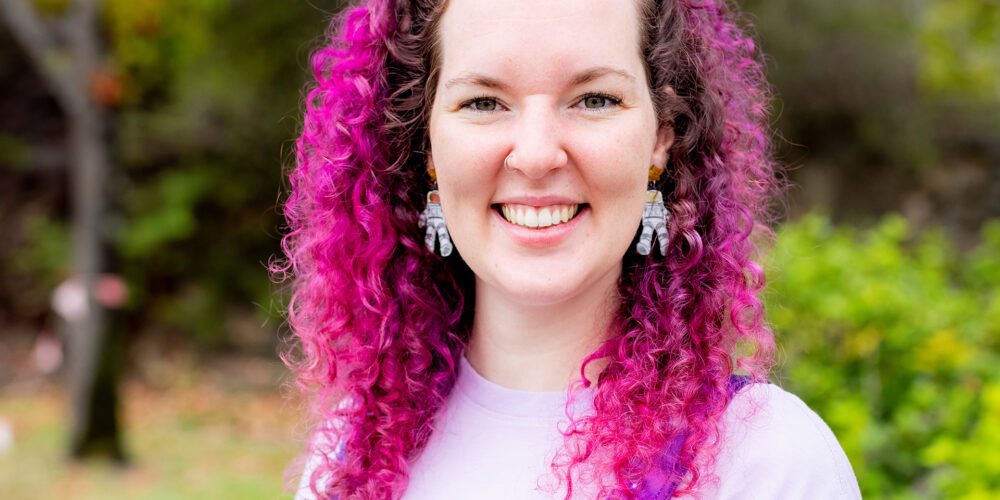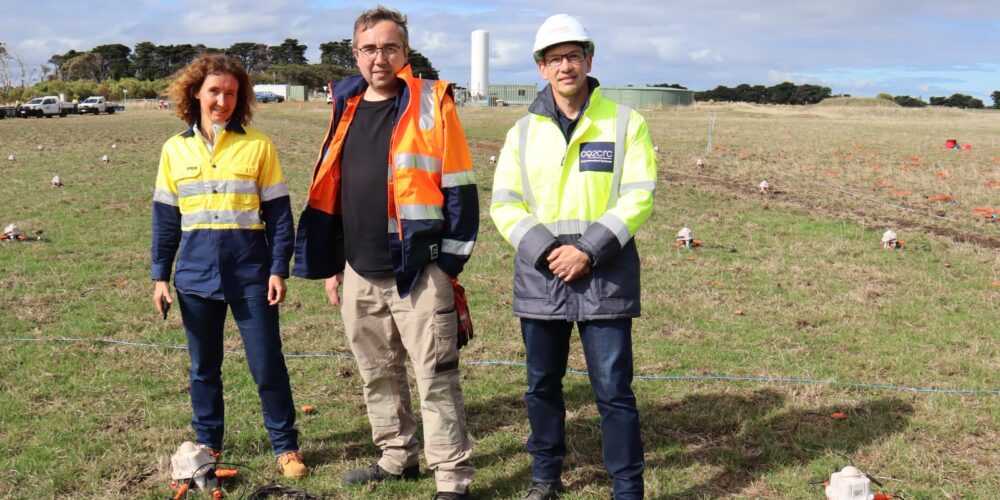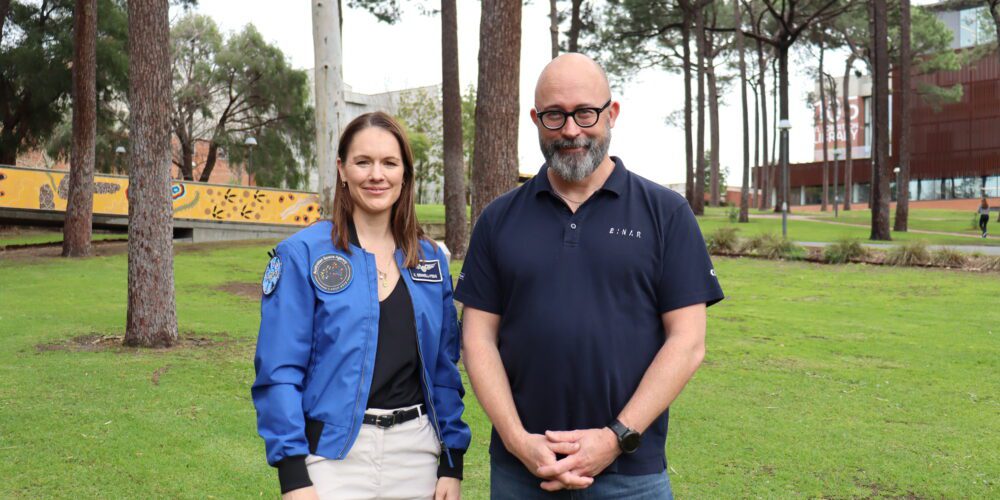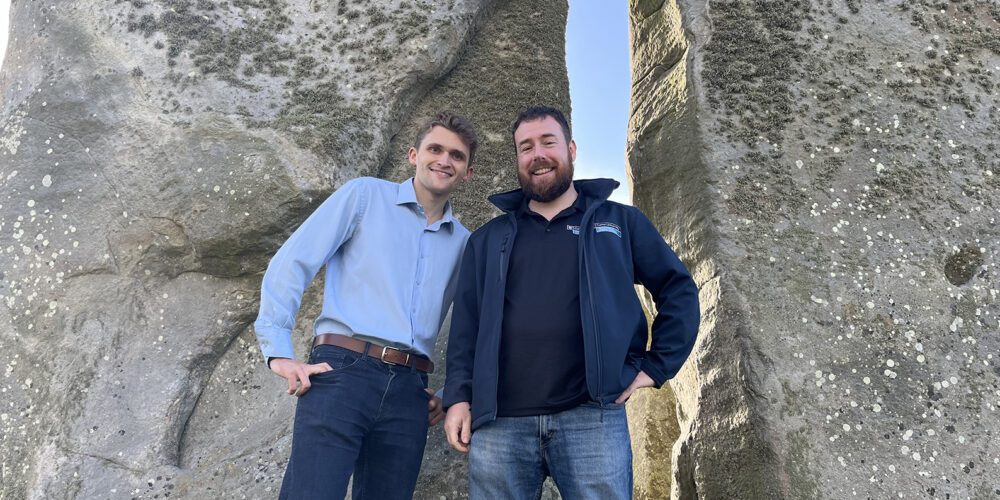Invisible women: Female scientists missing from Australian STEM curriculum

A team of researchers have found high school science courses in Australia fail to mention the contributions of women in STEM, and instead focus on a male-centric narrative.
The study shows Australia’s STEM curriculum focuses almost exclusively on historical male scientists, with only three states mentioning a female scientist at all in their literature.
Lead researcher Dr Kat Ross, from the Curtin University node of the International Centre for Radio Astronomy Research (ICRAR) said the lack of female representation in the curriculum was both alarming and inaccurate.
“Science is a collaborative effort involving teams of researchers working together to solve a problem, usually building on the work of other teams that came before,” Dr Ross said.
“Rather than celebrating the work of a team, recognition and awards are typically given to a single person—who is usually male.
“This focus on a sole male genius is common throughout the Australian national syllabus, and we could only find one unique female scientist mentioned.
“We know participation rates of girls in STEM are low compared to boys, and this gender gap in the science heroes they learn about at school, is likely a contributing factor.”
Conducted as part of the IncludeHer movement, the study analysed the curriculum of four STEM subjects—biology, chemistry, physics, and environmental science.
Only one female scientist, British chemist Rosalind Franklin, was named in coursework in Queensland, South Australia and the Northern Territory, with all others exclusively referencing male scientists.
The study also found an almost exclusive focus on European discoveries and research, which could negatively impact students from culturally and linguistically diverse communities and contribute to their lower levels of self-confidence and belonging.”
Dr Ross said existing initiatives targeting university students and researchers take place long after perceptions of a male-focused and European-centric STEM community are established.
“For children to develop a positive sense of identity and belonging, it’s important for them to have access to accurate and authentic role models related to their gender and cultural backgrounds throughout their lives,” Dr Ross said.
“It’s critical this type of representation is available throughout their education to help nurture their passion and skills for the future of Australia as an inclusive STEM powerhouse.”
“This approach to STEM education in the Australian curriculum could be negatively impacting the engagement of young women in the sciences at school and their desire to pursue science further,” Dr Ross said.



